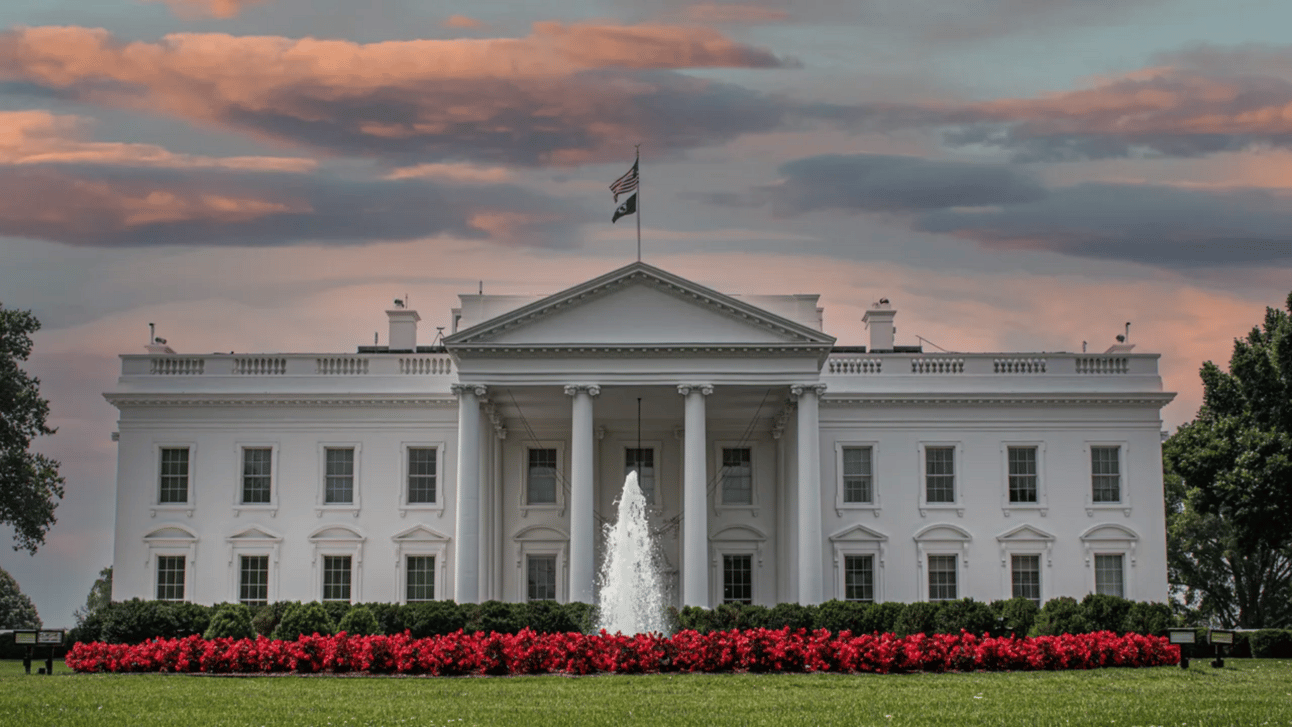D.C. is changing. What’s ahead for the HVAC industry?
Since former President Trump won the election, a sea of changes, several of which will impact the HVAC industry, has been swirling in D.C.

Image: Architectural Digest
Since former President Trump won the election ten days ago, a sea of changes, several of which will impact the HVAC industry, has been swirling in D.C.
So I phoned Mark Valentini, who runs legislative affairs at PHCC, the trade group representing contractors nationwide, to get an idea of what’s worth paying attention to. Below is our conversation, lightly edited for clarity.
Trump won the White House, and Republicans gained control of the Senate and House of Representatives. Given that, what should contractors keep an eye on next year?
“A Republican administration with a Republican Congress will do well for us on energy policy — at least at the federal level. (I think states with policies that would restrict or ban the use of natural gas will continue to attempt that to the extent they can.)”
“But federally, Trump picked Lee Zeldin of New York to lead the EPA, and he’s been pretty outspoken on those issues. I can see how regulatory attempts to restrict gas appliances or impose high energy-efficiency standards could get dialed back.”
I’m sensing optimism from businesses, including contractors, on the tax front. Thoughts there?
“A number of tax revisions are set to expire at the end of next year, including estate tax, which our members are pretty interested in. We’d like to see those higher exemptions — currently $13 million per individual — remain in place beyond 2025, and I think with a Republican Congress, they’re positioned to do that.”
“We surveyed our contractors, and 40% said they take advantage of the pass-through deduction, which allows up to a 20% deduction of qualified business income on their personal taxes — and we’d also like to see that extended beyond 2025.”
“There will probably be an attempt to reduce the corporate tax rate from 21% to 15%. Our guys are certainly on board with that, so on the tax front, it’s looking pretty promising.”
Are there any potential negatives to watch out for?
“The last time we had a Republican administration, they tried to push Industry-Recognized Apprenticeships (IRAPs). But that rule, in 2019, exempted the building trades because the [existing] Registered Apprenticeship program has worked for the past century.”
“I anticipate a renewed push to get that rule front and center and include the building trades. That being said, PHCC will have to be vigilant in ensuring that the Registered Apprenticeship rule remains intact — and that you don’t have credentialing. Contractors need journeymen with holistic skillsets, not someone who’s credentialed in water heater installation.”
Do you think any of the Inflation Reduction Act’s HVAC-related rebate programs will get cut?
“I can certainly see how the appetite might be there, but it’s too soon to say. Several states haven’t applied yet, but at the same time, they’re not saying they won’t. They have until the end of January to submit their applications, so maybe they’re just waiting to see what happens.”
“I want to be careful in what I predict, so the short answer is I don’t know.”
Which of the three things you mentioned (energy, taxes, workforce) will most immediately impact contractors, in your opinion?
“I think tax reform is where they’re going to see some immediate results if the Republicans can make that work — if they indeed try to push a tax package in the first quarter of next year and everything goes through.”
“Contractors have been paying less in federal taxes and essentially keeping more of their money — to invest in their businesses, hire people, and set aside money to weather stagnant periods.”
“Extending the pass-through deduction and lowering the corporate rate would be highly beneficial and allow contractors to thrive.”
📬 Get our stories in your inbox
Keep reading
HARDI distributor revenues up 2% in September
September was the sixth consecutive month that the rate at which its distributors' sales grew was positive, following a stagnant four months from December 2023 to March
Austin Helms on building a perpetual company and hitting $20 million along the way
Notes on growth, retaining talent, and building a perpetual company
The latest on the Home Energy Rebates
Two states have launched, nine more have been approved, and thirteen others are awaiting approval


